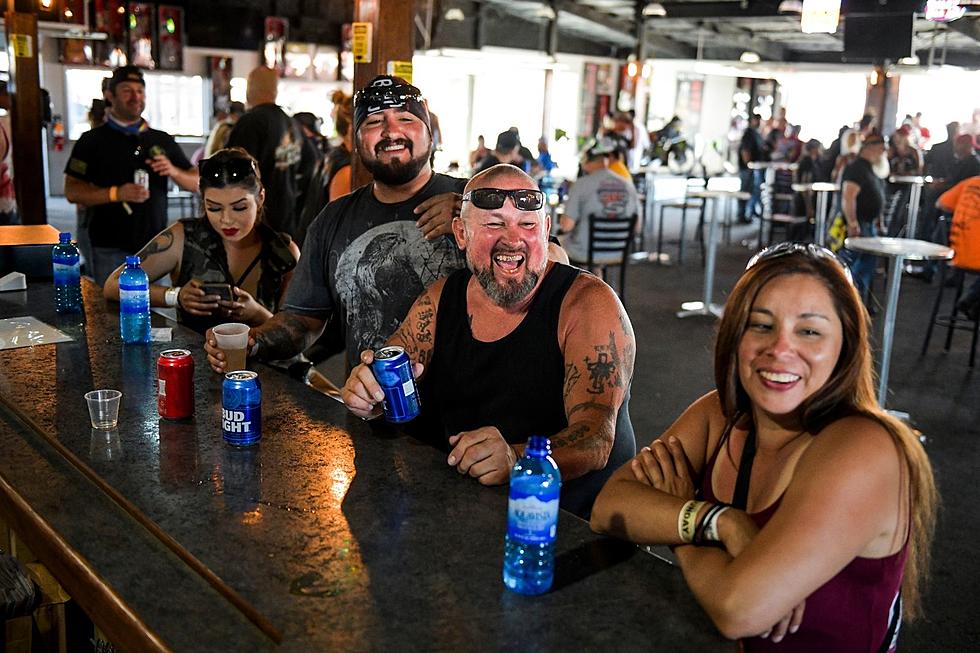
Montana Talks to South Dakota About Hemp
PIERRE, S.D. (AP) — South Dakota lawmakers heard from officials in neighboring North Dakota and Montana about how the legalization of industrial hemp has affected their states, despite Republican Gov. Kristi Noem’s opposition to allowing the crop.
During the meeting Monday in Pierre, the North Dakota and Montana officials said they didn’t face roadblocks to legalizing the crop in their states, but Noem sent members of her administration to the meeting to oppose legalization in South Dakota.
The administration’s common theme was that too many questions remain, KELO reported. Public Safety Secretary Craig Price said he thinks legalizing industrial hemp would invite new attempts to legalize marijuana.
Minority Whip Oren Lesmeister, who has been meeting with officials from states where industrial hemp is grown and processed, disagreed.
“We are seeing that these states have strict rules in place, but we also see that the fear industrial hemp is a backway to produce the drug, marijuana, is unwarranted,” Lesmeister, a Parade rancher, said in a statement. “We have also learned farmers can make money from this.”
The Legislature passed a bill to legalize industrial hemp last session, but Noem vetoed it. House Majority Leader Lee Qualm, a Republican who chairs the Industrial Hemp Summer Study, said the committee is working to come up with legislation that would make everyone comfortable.
Qualm said in a statement that the hardy crop can be grown in nearly every region of the state.
“Industrial hemp is the first new crop that has come along in decades,” said Qualm.
Noem said she gave 315 questions to committee members prior to their first meeting last month.
“When it comes to industrial hemp, we still have more questions than we have answers,” Noem said in a statement. “Other states are struggling to implement their industrial hemp laws. As leaders, we must have answers to how any new law will be implemented effectively and how it will impact our state.”
Monday’s session included testimony from North Dakota Agriculture Commissioner Doug Goehring, Montana hemp program coordinator Andy Gray and Montana Agriculture Department Director Ben Thomas. Industrial hemp production has been allowed in North Dakota for several years, while Montana is setting up its processor licensing system.
South Dakota Farmers Union President Doug Sombke said members of his organization are watching the process closely.
“Legalizing the growing of industrial hemp has been part of our policy since 2018, because our family farmers and ranchers need new opportunities. And industrial hemp is a new, potentially high-value opportunity,” he said in a statement.
More From KBUL NEWS TALK 970 AM & 103.3 FM






